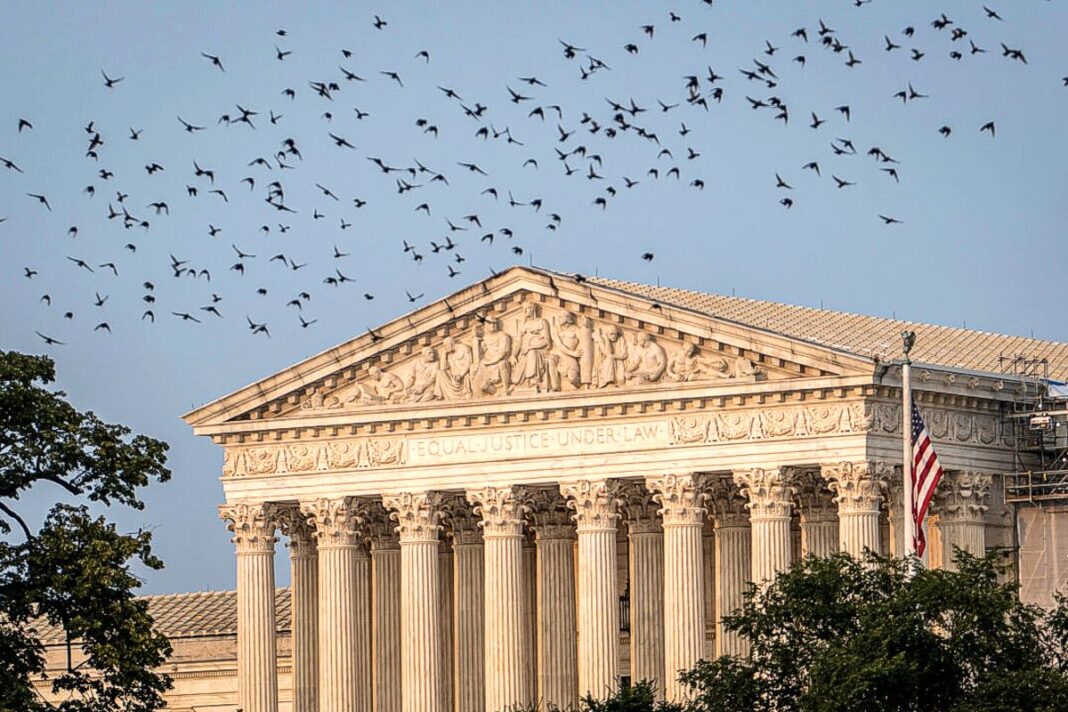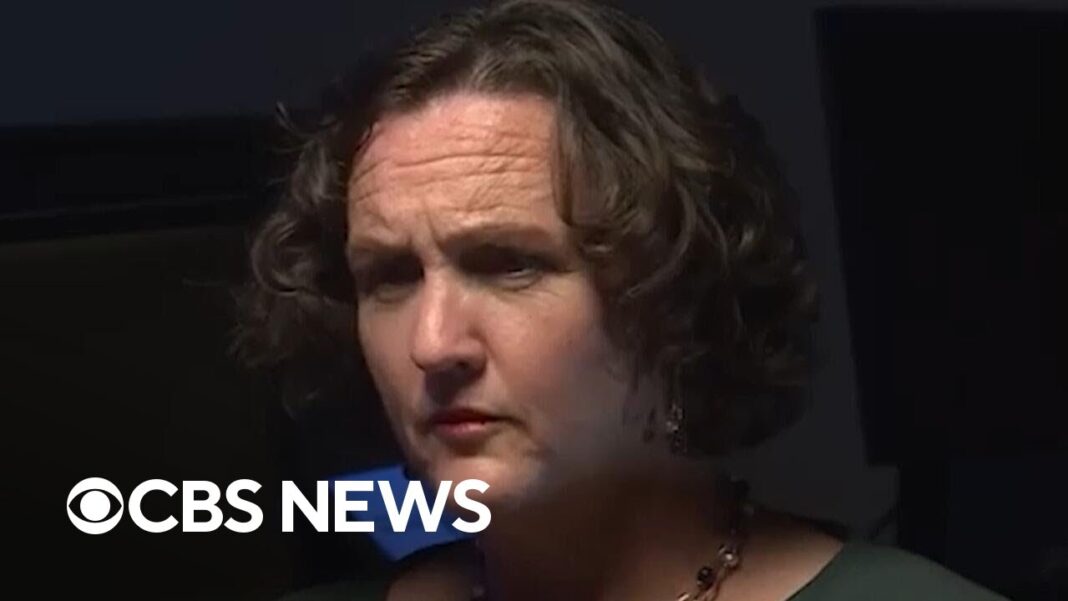A federal appeals court rejected the claim that an Oregon law violates the First Amendment.
The U.S. Supreme Court decided against hearing an investigative journalism organization’s First Amendment-based challenge to a decades-old Oregon law prohibiting most secret recordings of oral conversations.
The undercover journalism group Project Veritas had argued that the state’s conversational privacy statute violated the First Amendment. The U.S. Court of Appeals for the Ninth Circuit ruled 9–2 in January that the law did not violate the group’s free speech rights.
The Supreme Court dismissed the petition in Project Veritas v. Vasquez without comment in an unsigned order on Oct. 6. No justices dissented.
The respondents were sued in their official capacities. One is Nathan Vasquez, district attorney for Multnomah County; the other is Dan Rayfield, attorney general of Oregon.
In its April 7 petition, Project Veritas described Oregon’s audio recording law as “a national outlier” because it requires that “anyone in almost any conversation [be informed] that their words are being recorded.”
This requirement “severely hampers modern investigative journalism” and undermines the First Amendment “by effectively prohibiting the use of today’s most powerful reporting tools—discreet audio recordings,” the petition said.
Project Veritas argued in its lawsuit that the privacy law infringed on its right to free speech and made it difficult for its reporters to record the protests in Portland, Oregon, that erupted in the wake of the May 2020 death of George Floyd in Minneapolis police custody.
A federal district court in Oregon found there was no First Amendment violation and granted the state’s motion to dismiss.
Next, a three-judge panel of the Ninth Circuit held that the law was a content-based unconstitutional restriction of speech. After that, an 11-judge Ninth Circuit panel reversed, upholding the law, the petition said.
“This case presents a critical opportunity for this Court to clarify First Amendment doctrine, ensuring it aligns with the realities of modern journalism and the use of technology for effective speech and accountability,” Project Veritas attorneys argued in the petition.
In a June 23 brief, Oregon Solicitor General Benjamin Gutman urged the Supreme Court not to hear the case.
The state law protects the freedom to choose whether to speak publicly by requiring that notice be given to all participants before most face-to-face conversations may be recorded. The brief said the legal requirement lets speakers decide if they wish to address an audience beyond those within earshot.








